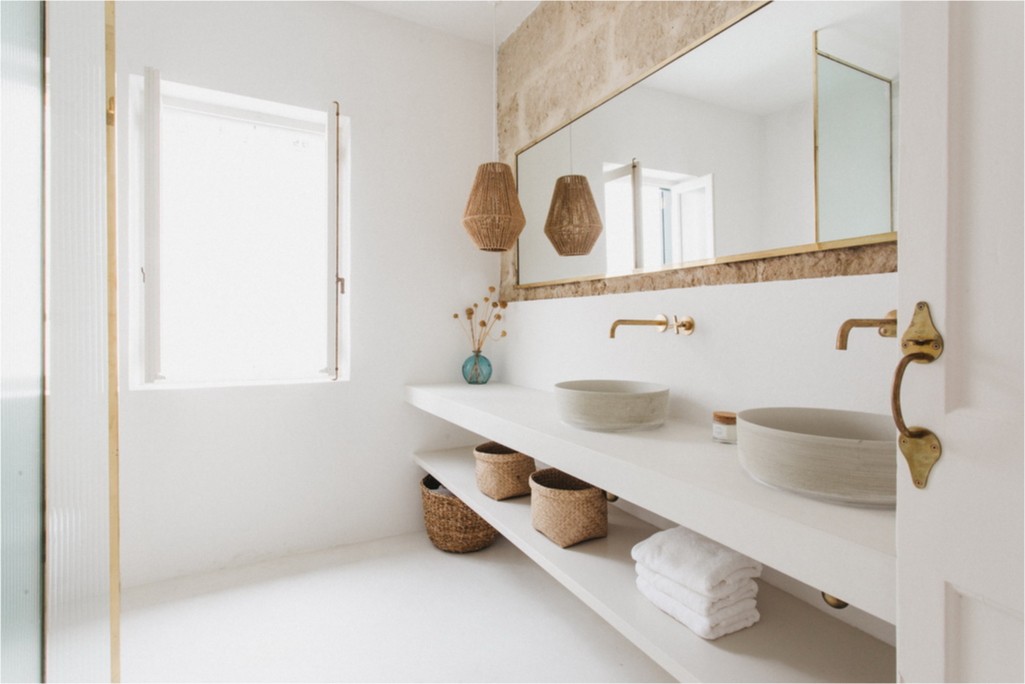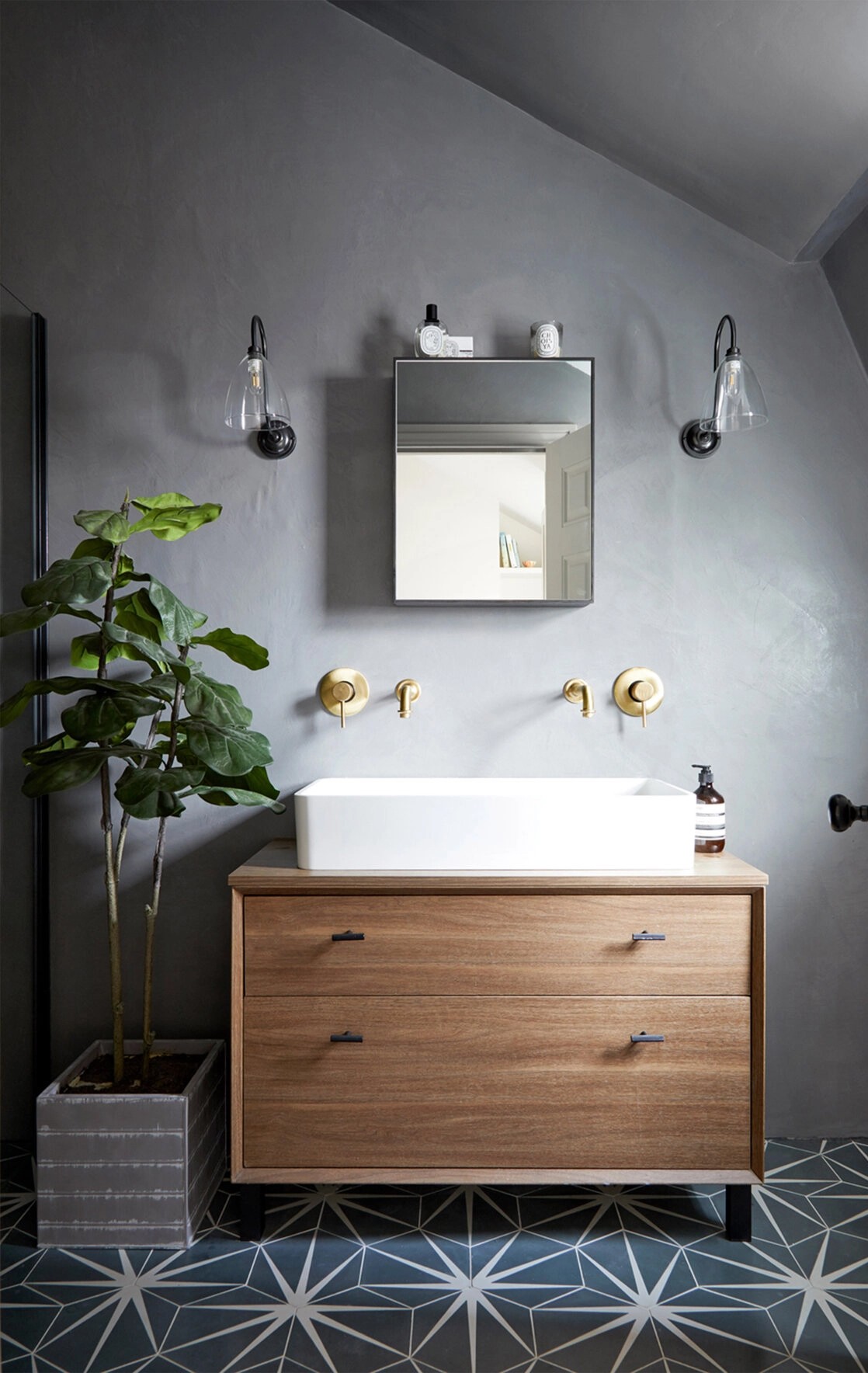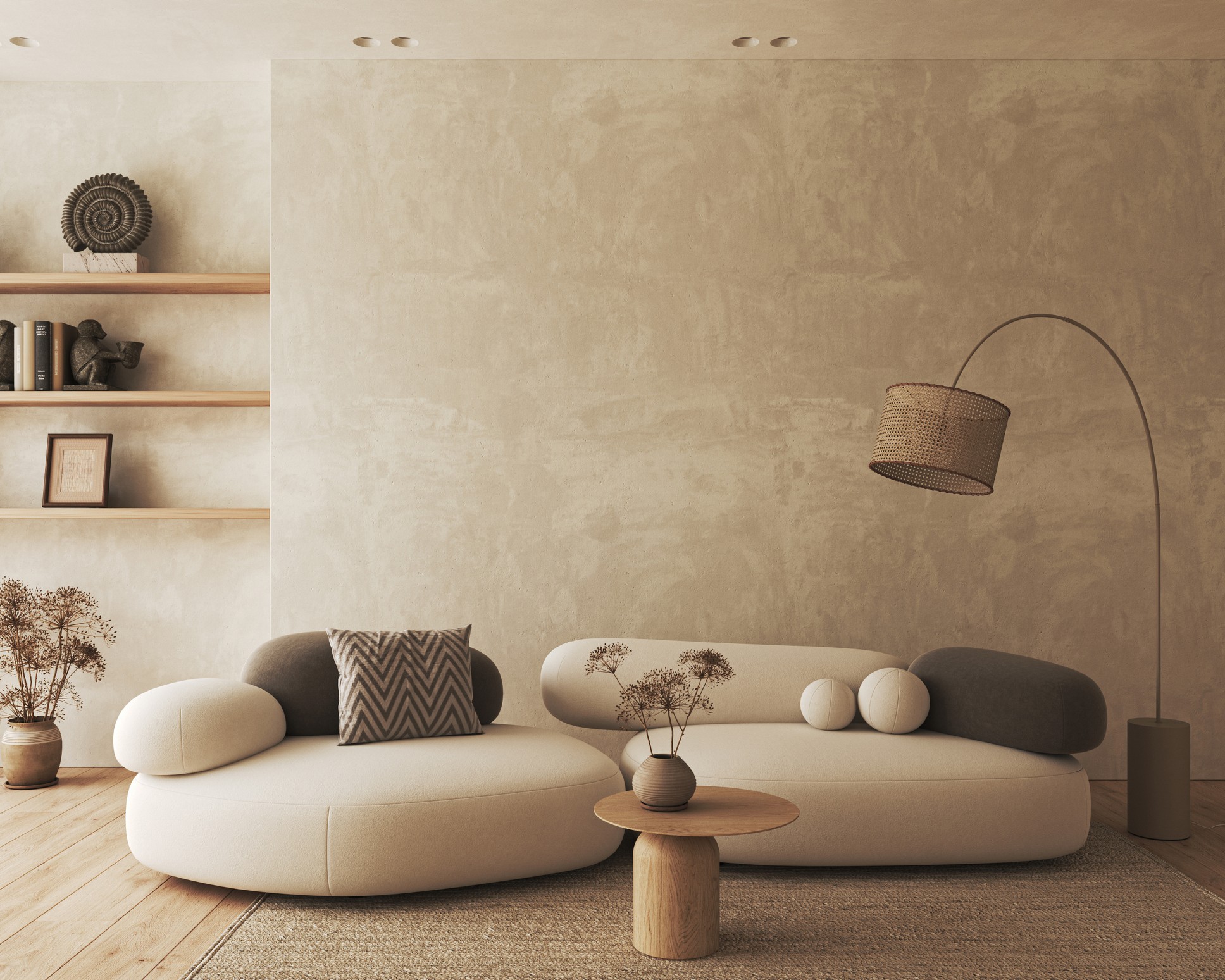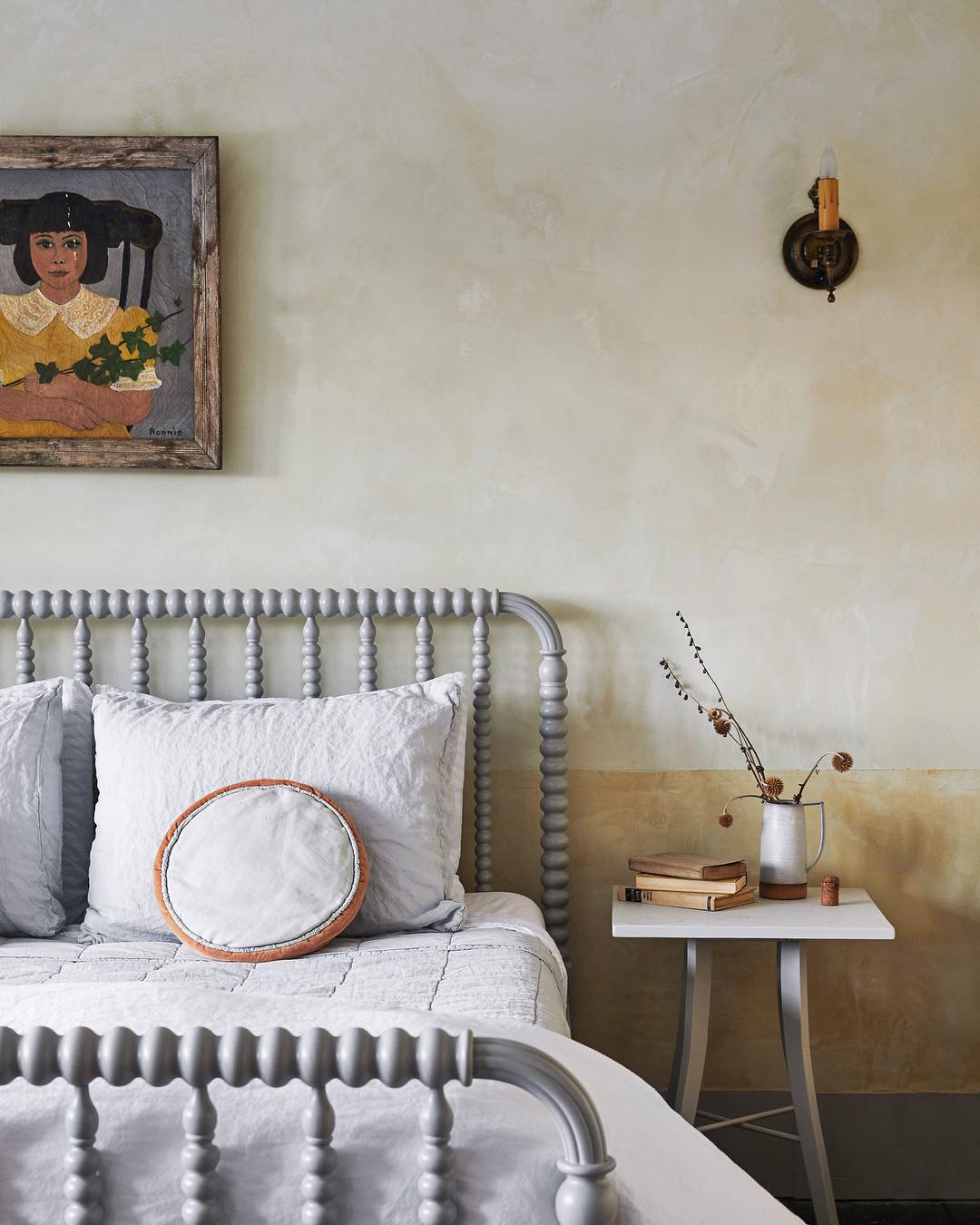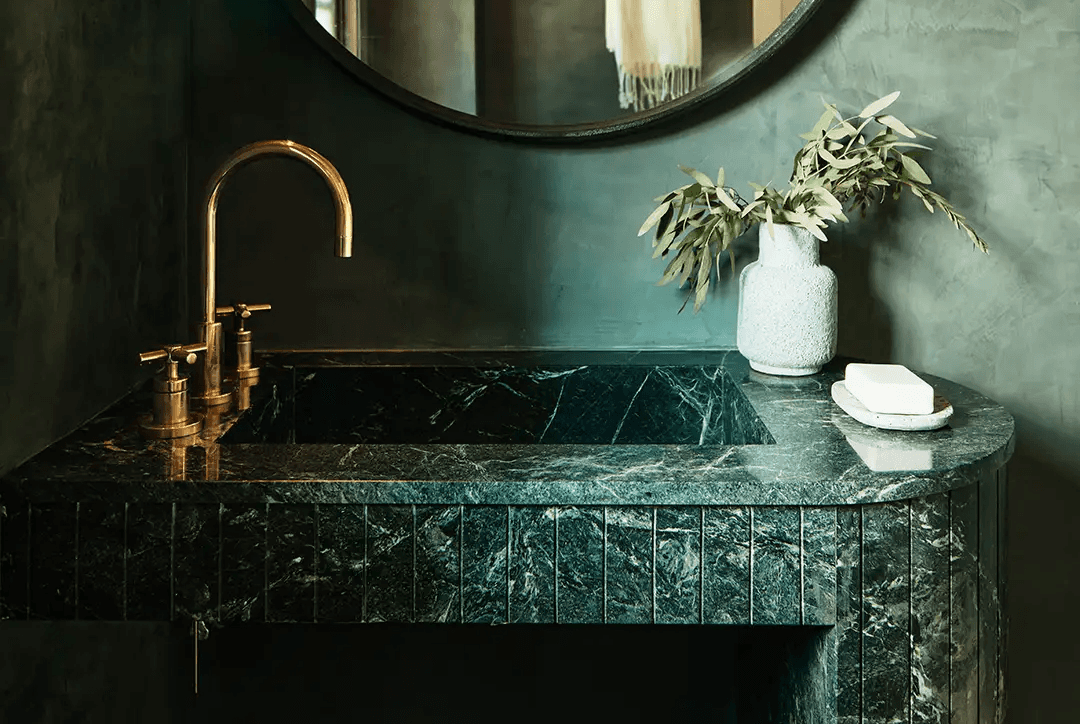diamond
The smoother alternative to Venetian.
Diamond plaster is a decorative wall finish similar to venetian plaster but more subtle and understated. Whereas venetian appears like a polished marble, diamond is more like a honed marble– showing fewer trowel marks and more smooth to the touch.
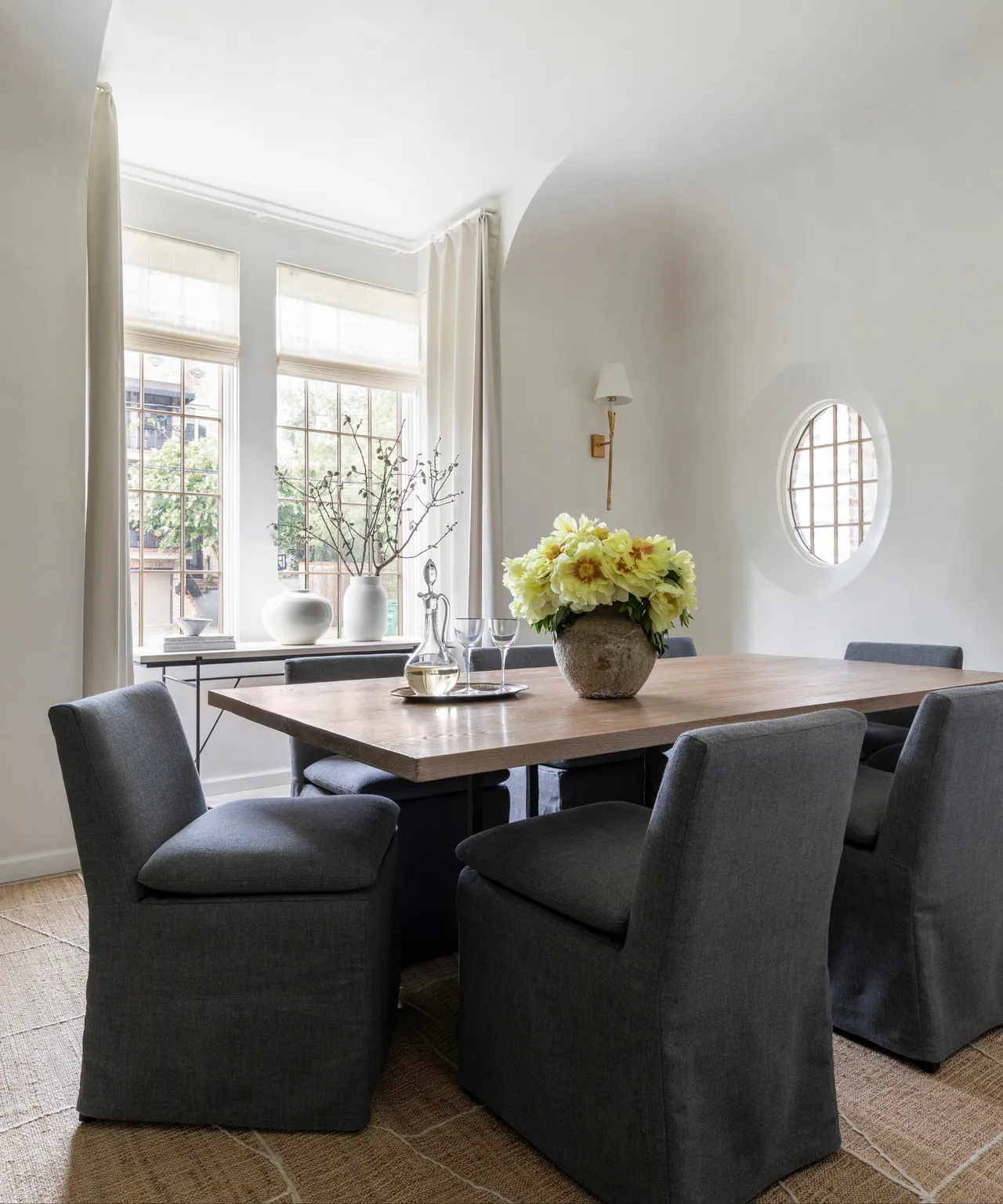
Image from Marie Flanigan Interiors.
diamond
The smoother alternative to Venetian.
Diamond plaster is a decorative wall finish similar to venetian plaster but more subtle and understated. Whereas venetian appears like a polished marble, diamond is more like a honed marble– showing fewer trowel marks and more smooth to the touch.

Image from Marie Flanigan Interiors.
diamond
The smoother alternative to Venetian.
Diamond plaster is a decorative wall finish similar to venetian plaster but more subtle and understated. Whereas venetian appears like a polished marble, diamond is more like a honed marble– showing fewer trowel marks and more smooth to the touch.

Image from Marie Flanigan Interiors.
Application
Application
Also known as matte lime plaster, diamond plaster is typically applied in multiple thin layers, with each layer wet troweled to a smooth finish. However, you can also opt for a more textured look.
Also known as matte lime plaster, diamond plaster is typically applied in multiple thin layers, with each layer wet troweled to a smooth finish. However, you can also opt for a more textured look.
The material– because it is so thick— is not as forgiving as a limewash application. But it can be applied over existing faux finishes, like faux brick or pesky textured wallpaper that’s become impossible to remove.
The material– because it is so thick— is not as forgiving as a limewash application. But it can be applied over existing faux finishes, like faux brick or pesky textured wallpaper that’s become impossible to remove.
The beauty of using a diamond plaster over drywall compound is that there’s no dust! It is also completely all-natural– 80% gypsum and 20% lime.
The beauty of using a diamond plaster over drywall compound is that there’s no dust! It is also completely all-natural– 80% gypsum and 20% lime.
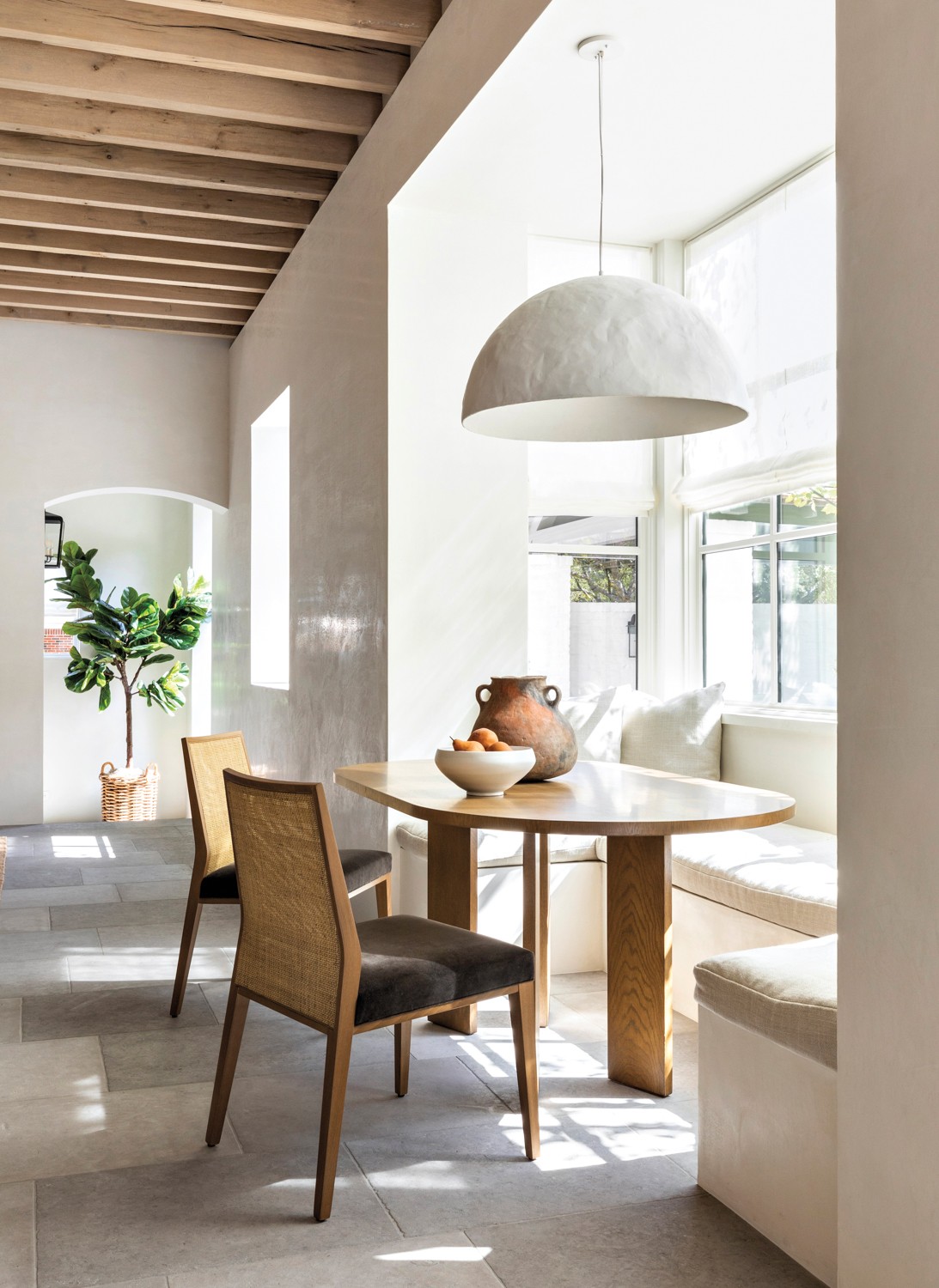
Image from Marie Flanigan Interiors.

Image from Marie Flanigan Interiors.
Appearance
Appearance
The name “diamond plaster” refers to the the shimmering effect created by the polished finish, which can resemble the sparkle of diamonds when light hits the surface at certain angles. This finish is often chosen for its luxurious appearance and ability to add depth and sophistication to interior spaces.
The name “diamond plaster” refers to the the shimmering effect created by the polished finish, which can resemble the sparkle of diamonds when light hits the surface at certain angles. This finish is often chosen for its luxurious appearance and ability to add depth and sophistication to interior spaces.
Diamond plaster can be customized with various pigments to achieve different colors and effects.
Diamond plaster can be customized with various pigments to achieve different colors and effects.
Durability
Durability
Routine maintenance typically involves dusting with a soft cloth or vacuuming with a soft brush attachment to remove surface dust and debris. For more thorough cleaning, a damp cloth or sponge with mild soap and water can be used to gently wipe the surface.
Routine maintenance typically involves dusting with a soft cloth or vacuuming with a soft brush attachment to remove surface dust and debris. For more thorough cleaning, a damp cloth or sponge with mild soap and water can be used to gently wipe the surface.

Vanessa Alexander and Colin King styled this modern space with neutral tones.

Vanessa Alexander and Colin King styled this modern space with neutral tones.
Pros
• More modern in appearance due to more organic look.
• Highly customizable in color and sheen.
• Ten times harder than a limewash.
Cons
• More expensive than limewash due to polished surface.
• Requires more maintenance to keep up the look.
Pros
• More modern in appearance due to more organic look.
• Highly customizable in color and sheen.
• Ten times harder than a limewash.
Cons
• More expensive than limewash due to polished surface.
• Requires more maintenance to keep up the look.
